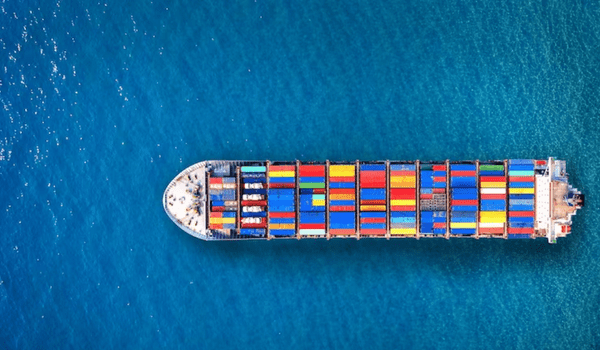While IMO and ITF must enforce stricter penalties and monitoring, India needs tighter regulations, bilateral agreements, and financial safeguards to protect its seafarers
The Hidden Human Cost of Global Trade
The global economy thrives on maritime trade, with over 80% of world trade by volume transported via sea, according to the International Maritime Organization (IMO) .Yet, behind this colossal industry lies a stark reality: the abandonment of seafarers. These men and women, the backbone of global trade, are often left stranded in foreign ports, unpaid, and forgotten.

Seafarer abandonment is not just a moral failing but a systemic issue rooted in the opaque nature of maritime labour practices. Despite international regulations, weak enforcement allows shipowners to evade accountability.
The Scale of the Problem
The International Labour Organization (ILO) defines abandonment as a situation where a shipowner fails to cover the cost of a seafarer’s repatriation, deprives them of necessary maintenance and support, or severs ties, including withholding wages for at least two months.
According to the ILO’s database, 103 reported cases in 2022 affected over 1,000 seafarers (ILO, 2023). In 2024, the crisis reached unprecedented levels, with 3,133 seafarers abandoned globally—an 87% increase from the 1,676 cases in 2023, as per the International Transport Workers’ Federation (ITF).
899 Indian seafarers abandoned in 2024
The abandonment of seafarers is a severe humanitarian crisis that exposes thousands of sailors to financial distress, mental trauma, and even life-threatening conditions. The reported figure of 899 Indian seafarers abandoned in 2024—the highest among all nationalities—underscores the vulnerability of Indian maritime workers in a rapidly expanding but poorly regulated global shipping industry. The 136% rise in vessel abandonment compared to 2023 suggests a worsening crisis that demands immediate intervention at both the international and national levels.
The Murkiness of Maritime Labor Practices
The shipping industry operates within a complex system of Flags of Convenience (FOCs), weak labour laws, and inadequate regulatory enforcement. FOCs allow shipowners to register their vessels in countries with minimal oversight, helping them circumvent labour laws and exploit workers. The ITF reports that over 70% of the global fleet is registered under FOCs (ITF, 2023). In 2024, 81% of abandoned vessels sailed under FoCs, allowing shipowners to bypass stringent labour and safety regulations (ITF, 2024).
Panama, Liberia, and the Marshall Islands remain key enablers of these exploitative practices.
The systemic exploitation under FOCs is deliberate. By registering ships in lenient jurisdictions, shipowners minimize costs while maximizing profits, often leaving seafarers vulnerable. Many vessels operate with skeletal crews, leading to exhaustion and increased risk. When financial trouble strikes, shipowners abandon their vessels, frequently without consequences. While the IMO and ILO have introduced regulations to curb such practices, enforcement remains inconsistent due to jurisdictional complexities.
Adding to the exploitation, many seafarers are recruited through manning agencies that act as intermediaries between shipowners and crew members. These agencies often charge exorbitant fees, leaving seafarers in debt before they even set sail.
Once at sea, these workers are isolated, with limited access to legal recourse or support systems. When abandoned, they are left stranded in foreign ports, unable to return home due to unpaid wages and lack of repatriation funds.

No comments:
Post a Comment